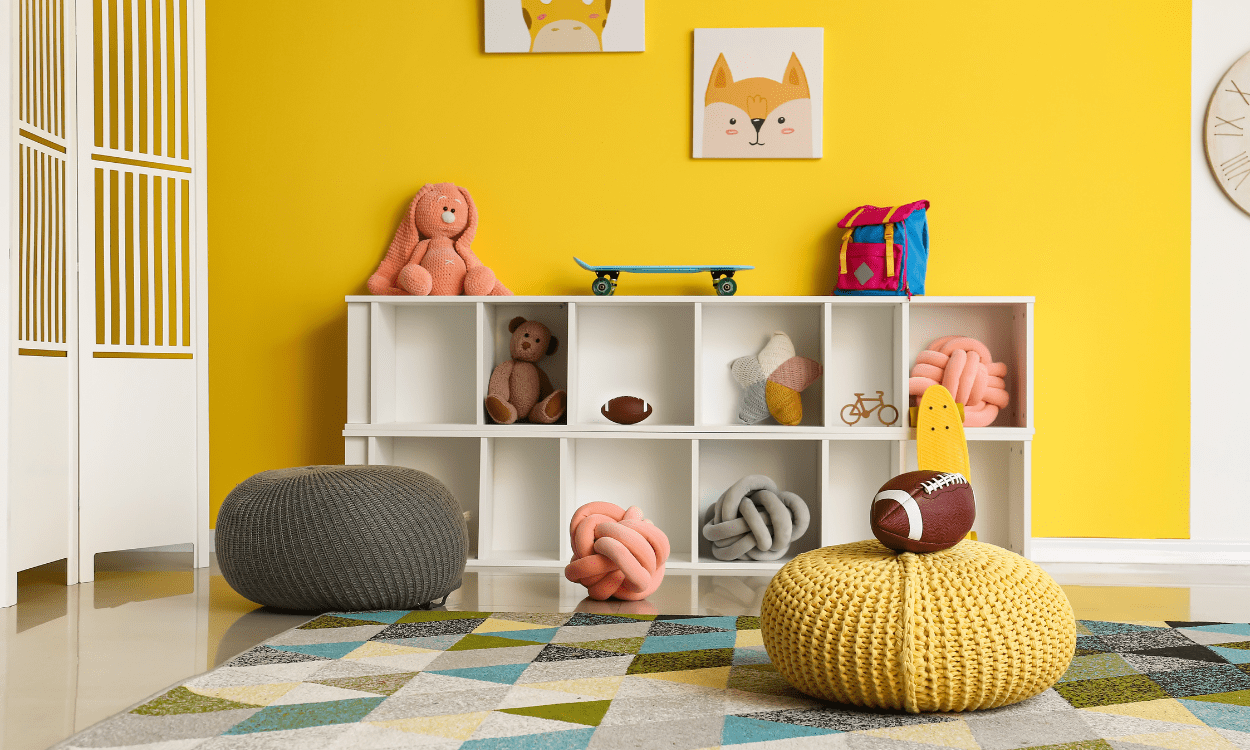Discipline in Montessori education is about teaching children to develop self-control, responsibility, and respect for themselves, others, and their environment. Unlike traditional approaches that often rely on external rewards and punishments, Montessori discipline is rooted in the belief that children are naturally capable of understanding and following rules when they are given the right tools, guidance, and environment. It emphasizes the development of inner discipline rather than external compliance, allowing children to become self-regulated, thoughtful individuals. Let’s discuss the important of discipline from the Montessori perspective and how it can give your child the tools they need to succeed.
Discipline from a Montessori Perspective
In a Montessori classroom, discipline begins with creating a supportive, structured environment that fosters a sense of security and respect. The environment is carefully prepared to meet the developmental needs of the child, with materials that encourage exploration, independence, and order. When children feel safe and valued in this environment, they are more likely to make positive choices and behave responsibly.
One of the key aspects of Montessori discipline is the idea of “freedom within limits.” Children are given the freedom to choose their activities and direct their own learning, but within clear boundaries. For example, a child may choose to work with any material they like, but they must treat it with care and return it to its proper place when finished. This balance of freedom and responsibility helps children understand the importance of making choices that are thoughtful and considerate of others.
Guidance, Not Punishment
Rather than focusing on punishment for misbehavior, Montessori educators focus on guiding children to reflect on their actions and understand their consequences. When a child engages in behavior that disrupts the class or hurts another child, the teacher calmly intervenes and helps the child understand what happened. The child is encouraged to think about how their actions affect others and how they can make amends. This reflective approach encourages children to take responsibility for their actions and helps them learn to solve problems in a constructive way.
Montessori teachers model appropriate behavior, demonstrating how to treat others with kindness and respect, and how to approach challenges with patience and perseverance. They also encourage positive behavior through praise that is specific and related to effort rather than outcome. For example, a teacher might say, “I see you worked hard to clean up your space,” rather than simply saying, “Good job.” This reinforces the child’s intrinsic motivation and helps them recognize the value of their actions.
Emotional Intelligence and Discipline
Another important aspect of Montessori discipline is the development of emotional intelligence. Children are taught to recognize and express their feelings in a healthy way, and to develop empathy for others. Through activities like grace and courtesy lessons, children learn to navigate social situations with respect and kindness. They are also given opportunities to practice conflict resolution skills, such as negotiating or apologizing, which helps them develop the tools to manage their behavior and relationships independently.
Montessori Discipline Helps Your Child Succeed
Ultimately, Montessori discipline is not about controlling behavior, but about guiding children to develop self-discipline and an understanding of their role within the community. It helps children grow into thoughtful, responsible, and compassionate individuals who are capable of making choices that reflect their values and respect for others. By focusing on the development of the whole child—intellectually, emotionally, and socially—Montessori education fosters a sense of inner discipline that lasts a lifetime.
Are you ready to learn more? Inspire Kids Montessori is excited to get you involved in your child’s learning. Reach out today to schedule a tour of one of our campuses. Let’s get to know each other!

